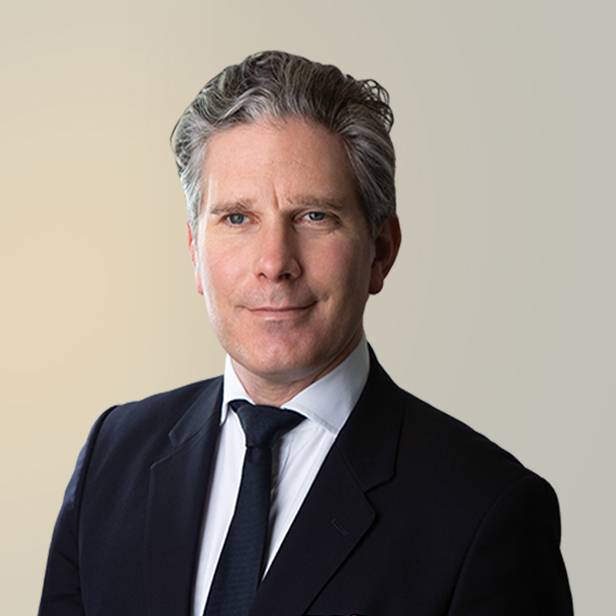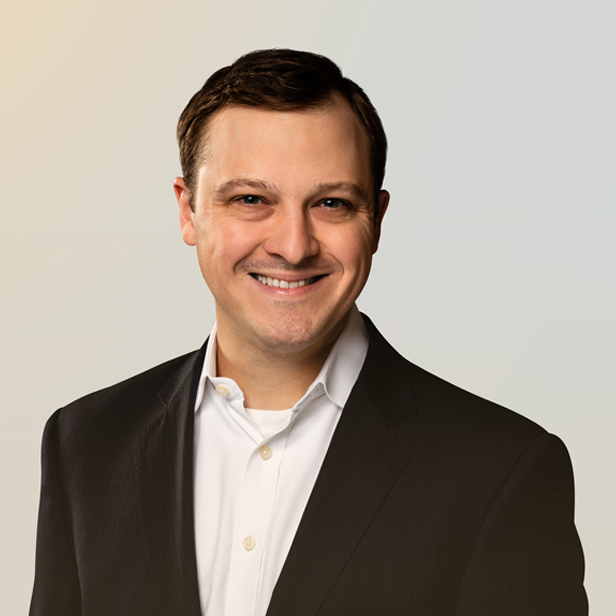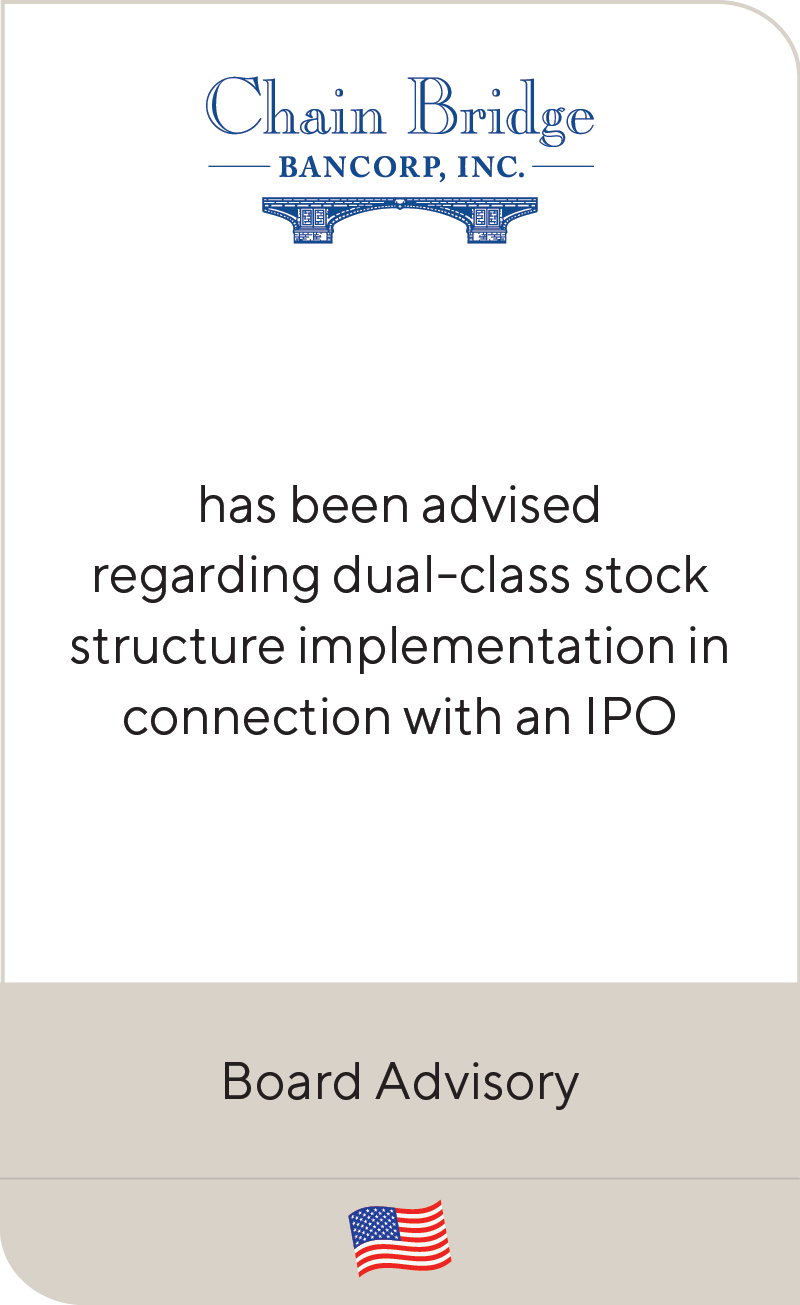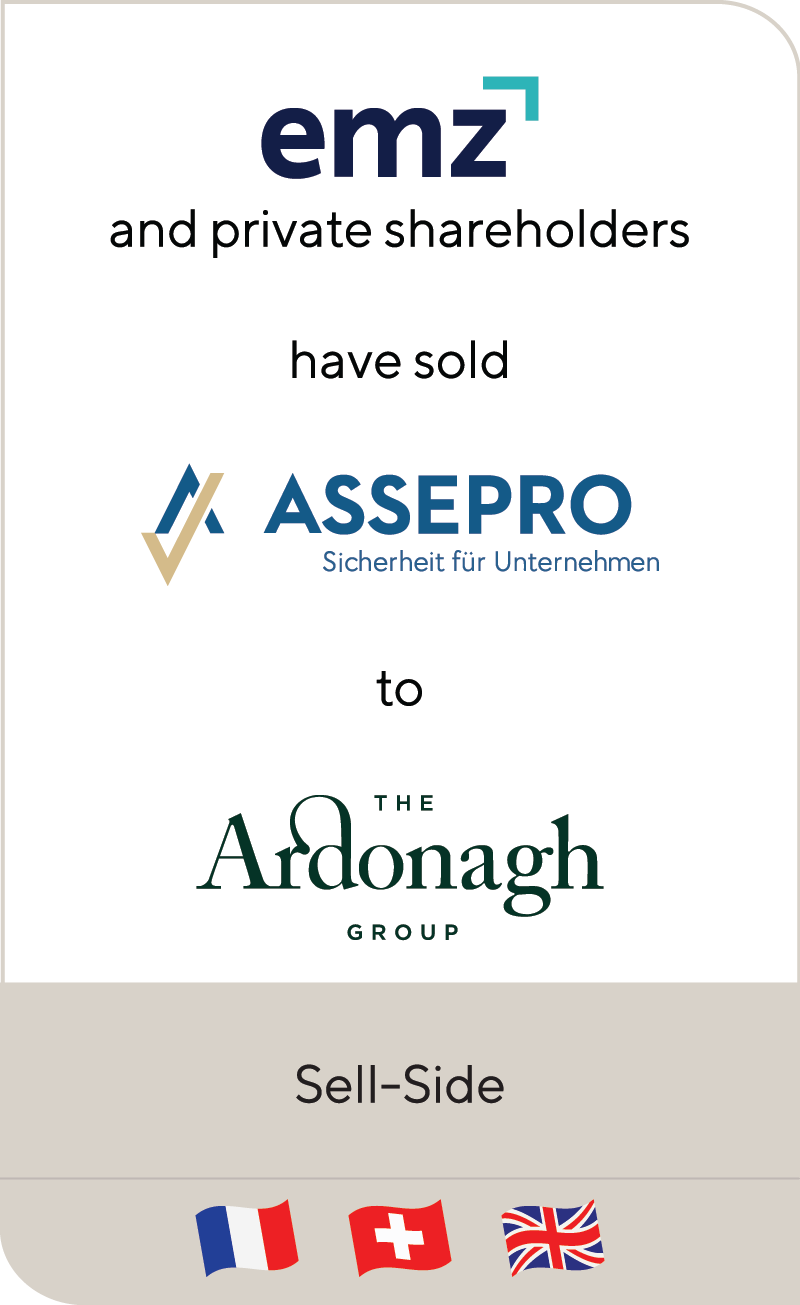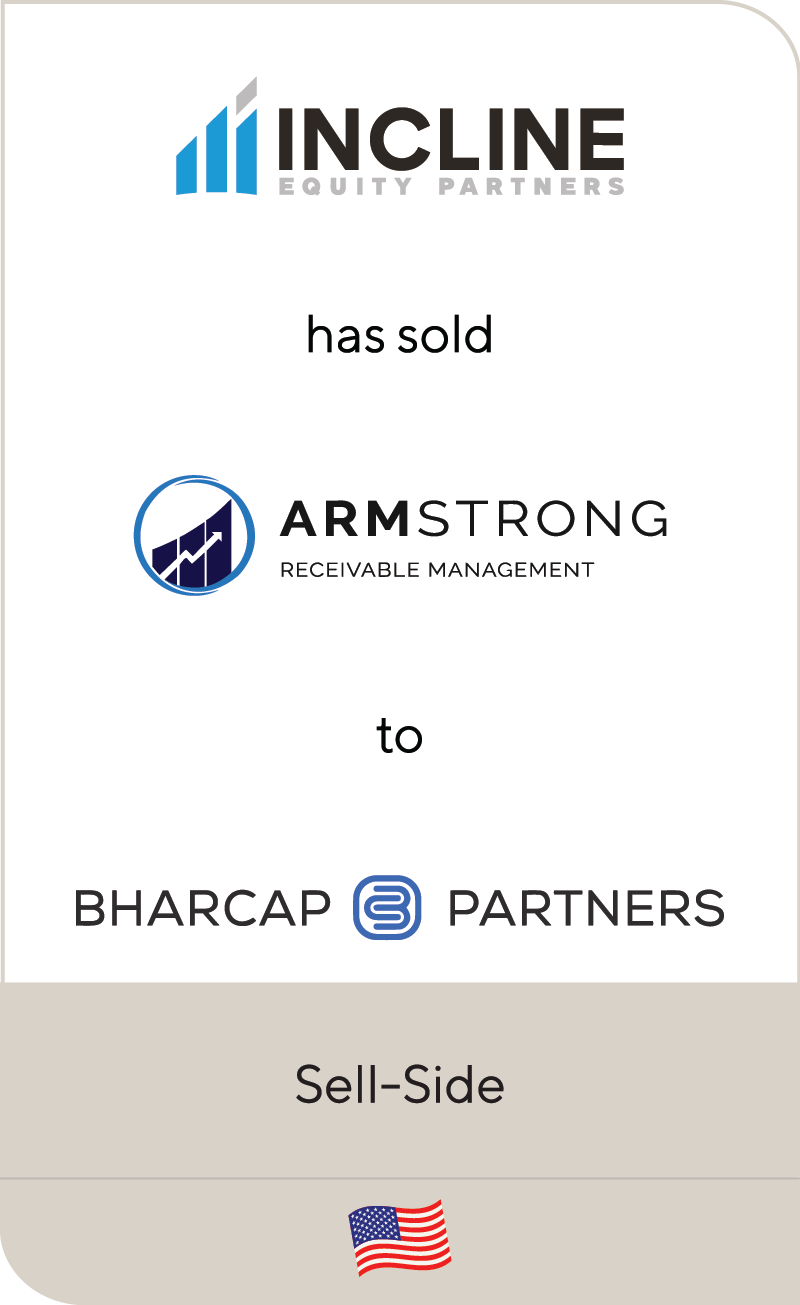Q&A with Lincoln’s Financial Institutions Group Leaders
Mar 2022
Lincoln International recently announced the addition of three new Managing Directors, Jay Bliley in New York and Antoine Dupont-Madinier and Max Cornu-Thenard in London, to strengthen and expand the firm’s global capabilities for the financial services sector. They are joining Alex Ring, Managing Director, in Chicago to establish the global Financial Institutions Group (FIG) at Lincoln. Together, the group discussed their collective experience and expertise, as well as key trends and takeaways for the year ahead.
Summary
-
Lincoln's Financial Institutions Group discusses their collective experience and expertise, as well as key trends and takeaways for the year ahead.
- Click here to download a printable version of this perspective.
- Sign up to receive Lincoln's perspectives
What are your respective areas of specialization, and what types of clients do you work with most frequently?
Antoine: My background is mainly in financial institutions group investment banking, but I also have some buy-side experience. I focus on everything asset-light and capital-light within financial services, which would include industries such as asset and wealth management, fintech and asset servicing. At Lincoln, I will work with a combination of private equity and corporates, with both a domestic and an international dimension. I’m excited that our team will bring a global perspective to clients because there is a strong flow of cross-Atlantic mergers and acquisitions (M&A) in relation to asset management and fintech, as more North American buyers look to Europe for transaction opportunities.
Max: I have more than 20 years of corporate finance experience, specializing specifically in M&A and capital raising in the insurance industry in Europe and the Americas. I launched my career at a global reinsurer, but I have spent many years now advising entrepreneurs, corporates and private equity investors on deals in the insurance sector. At Lincoln, I will continue to focus on the whole insurance value chain, from insurers and reinsurers to service providers and distributors across both the life and non-life insurance sectors. Parts of the insurance sector are cross-border; Lincoln’s global presence will be very useful to advise clients on many transactions.
Jay: I am a career investment banker with 22 years of experience working in the U.S. and European markets. My background is primarily focused on advisory and capital markets with entrepreneurs in financial services markets looking for creative solutions. Looking ahead, my focus at Lincoln will overlap with Antoine and Max to include asset and wealth management and insurance. Lincoln’s deep relationship with many of the key players in the private equity sphere is one of the primary reasons I joined the firm. I look forward to working with PE investors who have a track record in financial services as well as investors viewing financial services as an adjacency to existing platforms and strategies. In addition, we bring deep experience working with entrepreneurs and corporates who are looking for unique, customized advice and a depth of experience.
Alex: As a career-long sell-side banker with Lincoln, I specialize in businesses that are at the intersection of financial services and business services—asset light companies that typically operate in a business-to-business context. These businesses often have recurring or reoccurring revenue models with leadership positions in niche market segments and are often highly specialized in the services they provide. My clients are typically private equity firms or founders who are looking for their next partner for growth and / or a liquidity event. From a subsector perspective, I work across the entire spectrum of financial services ranging from insurance to banking to asset and wealth management. My recent deals include a range of outsourced services providers to the industry offering business process outsourcing / business process management services, subrogation, accounts receivables management, IT outsourcing and tax advisory.
From your perspective, what macro trends are driving M&A in the financial services space today?
Jay: Low interest rates and higher inflation are pressuring operating margins and forcing financial services businesses to achieve more scale efficiencies from consolidation and diversification. Investment return driven institutions are also seeking enhanced returns through diversification to new asset classes and enhanced risk management and capital allocation. Liability driven solution providers of various forms have emerged on both sides of the Atlantic to address the de-risking need of historical providers of long-term liabilities such as corporate pension plans or annuity insurers.
Alex: One of the trends I’ve observed over recent years is the increasing prevalence of generalist private equity firms investing in the financial services industry, such that the field of potential investors is continually expanding far beyond the core stable of traditional financial services-focused funds. This trend is part of what makes financial services such a strategically important industry for Lincoln, given the strength of our relationships across the mid-market private equity community.
Antoine: The aging population and privatization of welfare responsibility are driving the development of pools of long-term capital which require an ecosystem of services to be developed around it. This is leading to emergence of technology-led businesses, vertical integration and consolidation amongst players.
Max: Material regulatory changes over time have historically redefined the attractiveness of certain business models, leading to strategic actions and capital flow responses. As a highly regulated sector, we expect this to continue to occur over time across financial services and to spur M&A and capital raises.
Moving into 2022, are there particular sectors for which you are seeing more investor interest or consolidation activity that are important to watch?
Antoine: There are a lot of interesting parallels between the consolidation across wealth management in the U.S. and the independent financial adviser (IFA) sector in the UK. This is largely because the motivation behind each of these deals is the same: private equity firms are either all-in on the acquisition trend and buy into it, or they view themselves as being late on the trend and decide to look at assets that are viewed as less desirable so they can acquire them on better terms. Similarly, fund administration is another area with high volumes of bolt on acquisitions to increase value. This is especially true across Europe, where the vast majority of mid-and-large-size players are backed by private equity, this proportion is very high versus other subsectors within financial services.
Max: There has been sustained consolidation activity in the insurance brokerage space, which we expect to continue across the UK and in some continental European markets. Cross-border deals will likely represent a growing proportion of transactions in this sector as leading consolidators are seeking to replicate their domestic success elsewhere and become more relevant to clients with international needs. On the risk-bearing side, low interest rates, regulatory changes, operational complexity, improved pricing for non-life insurance and corporate strategic shifts are all factors that have contributed to the continued supply of transactions in life and non-life insurers, including run off deals which have seen keen interest from private equity investors. In relation to non-life insurers writing new business, the improved pricing environment for commercial lines insurance in the last two years has led to the formation interesting new ventures. Key themes which will continue to drive transactions include teams with strong track records of sustained profitability across cycles, differentiated product / underwriting strategies and exposure to high growth market segments (such as cyber risk insurance).
Jay: In the U.S., the trends are similar with the exception that in the insurance sector, the run off liabilities and consolidation on the risk-bearing side is more advanced compared to Europe. While those opportunities are fewer and further between, the brokerage fund, asset wealth management, registered investment advisor and insurance services sectors are all incredibly active and are a big focus for private equity.
In addition to these trends, how does an aging population across the globe impact the trajectory of wealth management?
Antoine: With a population that is living longer amid more complex investing and pension provision environments, there is more interest and need in seeking out bespoke advice from professional financial advisors. Specifically, there is a lot of demand for advisors on a smaller scale than the traditional larger firms because clients see them as offering more personal and tailored solutions. However, regardless of size, all firms will need to contend with the fact that each generation aspires to different ways of interacting with their financial advisors and therefore their investments being managed. We are certainly beginning to see this with Millennials who do not want to invest and manage wealth the same way as the Boomers. So, as we are considering what we will focus on at Lincoln, we are thinking ahead about how these themes will impact the wealth management landscape and how our clients can capitalize on them through M&A.
What role does technology play in your day-to-day work? Are technology companies targets for financial institutions?
Jay: Yes, there is a lot of opportunity in the technology space from my perspective. We are looking at companies that are creating software solutions and services that can automate client management and support systems as a big opportunity across financial services. We are collaborating with our colleagues covering technology, media and telecom (TMT) and business services, combining our sector expertise to provide a full perspective and solutions to clients on transactions underpinned by technology-related themes.
Antoine: In terms of our day-to-day work, technology has also transformed the way and speed with which we can execute deals. Before the pandemic, conducting a deal entirely remotely seemed inadequate or impossible, especially in people-sensitive subsectors like asset management where a lot of human capital is at stake. While there are still benefits to working in person, video meetings have helped fast-track a number of steps in the M&A process; and operationally, technology now bleeds into every company and every sector. From a deals point of view, I’m particularly excited about expanding beyond the typical list of financial services acquirers and tapping into the buyers list of our TMT colleagues, who may be interested in the opportunities we see in the fintech space.
What should your clients know about you and takeaway from this conversation?
Jay: We are all very excited about the opportunity to expand Lincoln’s existing financial services capabilities to build a truly trans-Atlantic practice. Financial services are a space that cannot exist in a geographic vacuum and I think the team assembled here is well-positioned to deliver cross-border expertise to our clients. Moreover, we each have experience working across the spectrum with large and small institutions and collectively enjoy digging into new challenges.
Antoine: In addition to our global expertise, we collectively have deep experience across multiple subsectors within financial services. As a team, we cover nearly all of the practice areas relevant to Lincoln and its clients. This is an exciting moment to leverage the cross-border perspective and the diversity of our expertise to support Lincoln’s clients in achieving their desired objectives.
Max: Our backgrounds include extensive experience with the mid-market and given Lincoln’s focus in this area, we are well-positioned to continue to advise clients in this market segment. We are thrilled to help kickstart this new platform and expand the financial services offering Lincoln has already built.
Alex: With the addition of Jay, Antoine and Max to the team, we add to Lincoln’s already strong M&A process and execution capabilities significant depth and breadth of FIG expertise that is unmatched in the mid-market.

